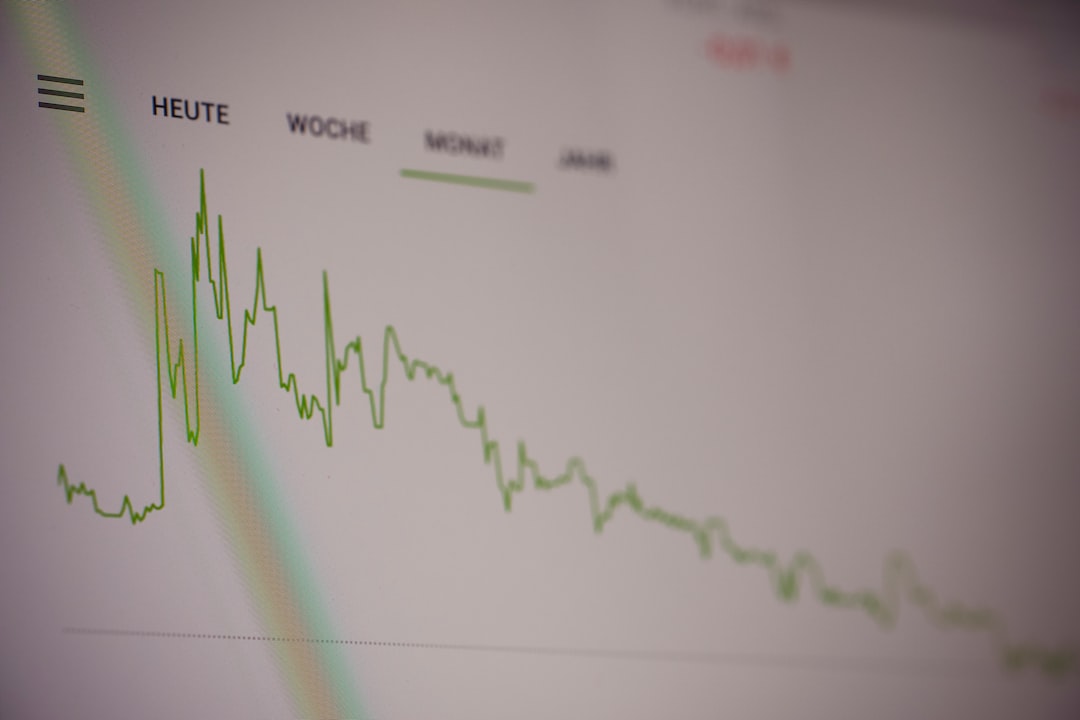U.S. Lawmakers Debate Central Bank Digital Currency
Lawmakers in the United States discussed the advantages and disadvantages of issuing a central bank digital currency (CBDC) on Thursday, highlighting the contrasting views on privacy concerns and innovation leadership. Representative French Hill emphasized that the Federal Reserve would require approval from Congress before proceeding with a CBDC. He stated that there is minimal support for a CBDC among members of Congress, except for those on the fringes who believe it could solve global problems.
The Federal Reserve has been exploring the potential of a CBDC but is not currently close to its development. Last year, the Fed published a report examining the pros and cons of a CBDC. Globally, 130 countries, including the UK and Japan, representing 98% of GDP, are also exploring CBDCs.
State of Play
Conservative politicians have been strongly opposed to CBDCs for some time. Florida Governor Ron DeSantis signed a bill in May to ban the use of a federal CBDC in his state. Presidential candidate Vivek Ramaswamy has also taken a firm stance against CBDCs. On the other hand, Representative Tom Emmer reintroduced his CBDC Anti-Surveillance Act this week to block a federal CBDC due to privacy and surveillance concerns. Representative Stephen Lynch reintroduced his Electronic Currency and Secure Hardware Act, which aims to create a CBDC to enhance consumer protection and data privacy.
Lynch also announced the establishment of a Digital Dollar Caucus to keep Congress informed about various aspects related to a CBDC, such as financial inclusion, fraud prevention, and privacy. He addressed concerns about false narratives and fearmongering surrounding CBDCs being used for government surveillance or control.
Representative Wiley Nickel argued that CBDCs should not be a partisan issue and emphasized the importance of the United States maintaining its global financial leadership. However, he also cautioned that CBDCs should be approached cautiously due to privacy and surveillance concerns.
Hot Take: The Debate Continues
The debate around central bank digital currencies in the United States remains divided. Lawmakers are grappling with the competing interests of privacy and innovation as they consider the potential benefits and drawbacks of a CBDC. While some conservative politicians are staunchly opposed to a federal CBDC, others believe it could enhance consumer protection and data privacy. The establishment of the Digital Dollar Caucus demonstrates a commitment to exploring the possibilities of a CBDC while addressing concerns and ensuring meaningful discussions. As the global interest in CBDCs continues to grow, it remains to be seen how U.S. lawmakers will navigate this complex issue.





 By
By
 By
By
 By
By
 By
By

 By
By